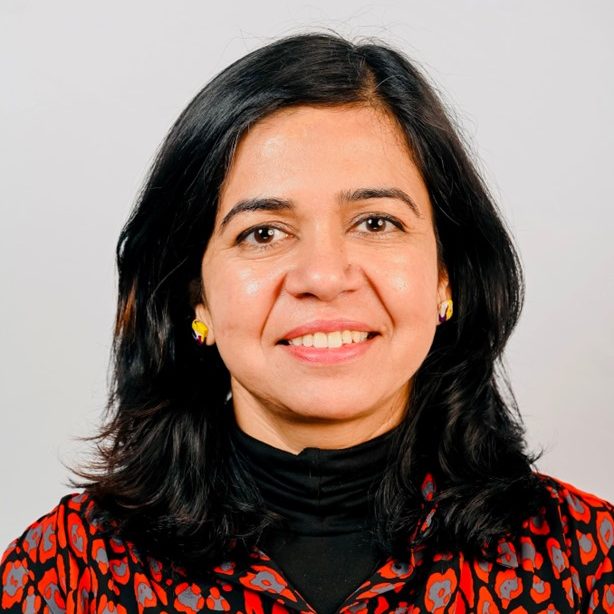Associate Professor Sonika Tyagi
Decoding genomes with AI: limitations, challenges and opportunities
The application of machine learning (ML) and artificial intelligence (AI) in genomics is revolutionising our understanding of complex biological systems. These technologies enable the analysis of vast amounts of genomic data, revealing insights that were previously inaccessible. AI algorithms, particularly deep learning models, are applied to various aspects of genomics, including analysing bimolecular numerical, sequence or structural data. Machine learning models are used to identify patterns in biological sequences, predict disease risks, and understand gene-environment interactions. Furthermore, AI-driven approaches are enhancing personalised medicine by providing tailored treatments based on individual genetic profiles. Despite these advances, challenges remain, including the need for gold standard datasets, interpretability of AI models, and considerations around standards and ethics.

Associate Professor Sonika Tyagi
School of Computing Technologies, RMIT University
Dr. Sonika Tyagi is an Associate Professor at the Data Science & AI division of the School of Computing Technologies, RMIT University Australia. She is also an affiliate Machine Learning lead scientist at Central Clinical School Monash University Australia.
Her outstanding contributions to the field have garnered recognition in the form of prestigious awards and funding. Sonika was a finalist for Women in AI (WAI) awards – Australia-NewZealand 2022 in the “AI in Health” category. Sonika was named as a Brilliant Women in Digital Health 2023. Sonika is an elected member of the Victorian branch leadership of the Australasian Institute of Digital health.
Her expertise is in developing new machine learning tools and pipelines, and applying these methods to solve biological and clinical research questions. Her current research focuses on integrative approaches for personalised medicine.
